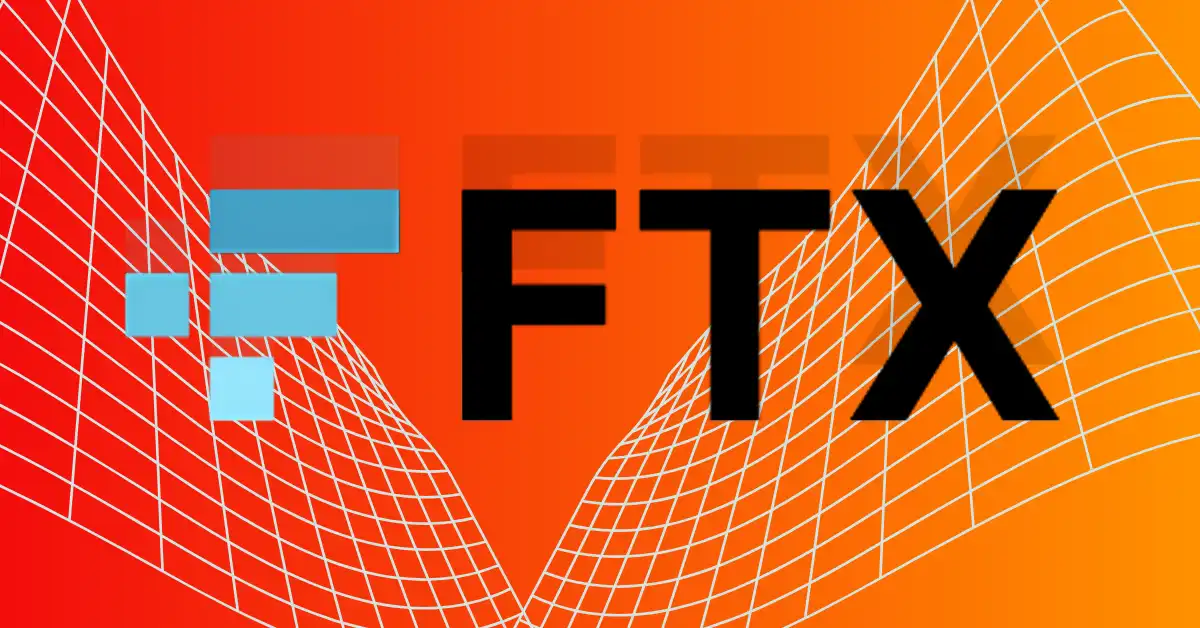
FTX, the bankrupt cryptocurrency exchange, is under scrutiny as users report over $2.2 billion in disputed claims, raising serious concerns about the fairness and transparency of the ongoing repayment process.
Despite beginning its second round of repayments on May 30, where over $5 billion in digital assets were returned to creditors, issues persist. In the first phase, $1.8 billion was repaid. However, according to the FTX Creditor and Customer Ad-Hoc Committee, an estimated $2.2 billion worth of claims still remain unresolved.
On June 11, committee member Sunil shared updates on X (formerly Twitter), noting:
“Current allowed claims: $7.5B.Total estimated allowed claims: $10.6B.30% of allowed claims are disputed—legit claims will be allowed.”
He added that FTX currently holds $6.5 billion in reserves for upcoming distributions.
In a key update, FTX has added Payoneer as a repayment partner, alongside BitGo and Kraken, to distribute funds to creditors. Payoneer supports cross-border payments in over 190 countries, improving reach for retail customers in eligible regions.
However, countries like China, Russia, Nigeria, and Egypt remain excluded from repayment, delaying future disbursement timelines until a compliant payment provider is found for these regions.
A growing number of users are raising concerns about FTX’s KYC (Know Your Customer) process, which many say has become unnecessarily strict and difficult to complete.
One user, Sal Wals, posted:
“I’ve been asked for multiple evidence of my source income. I feel like I’m on trial.”
Others have echoed similar concerns, citing delays and a lack of response from support.
The ongoing issues—disputed claims, KYC bottlenecks, and cross-border distribution limitations—highlight critical gaps in FTX’s global repayment strategy.While some investors remain optimistic about a potential liquidity boost if repayments resume smoothly, many continue to question the platform’s transparency and governance in handling creditor claims.
These claims are disputed due to issues like inaccurate balances in the portal, failure to meet KYC deadlines, or ongoing reconciliation efforts by FTX’s recovery team, especially for complex or previously unaccounted-for funds.
Strict and difficult KYC verification processes can block creditors from receiving repayments. FTX requires extensive documentation, and delays or non-compliance can lead to claims being deemed ineligible or expunged.
Adding Payoneer significantly expands FTX’s reach for retail customers, enabling repayments in over 190 countries. This should streamline cross-border distributions, though some countries like China and Russia remain excluded for now.
On Thursday, crypto investigator ZachXBT published an exposé in which he accused employees at Axiom…
The Trump-backed Bitcoin miner, American Bitcoin Corp. (NASDAQ: ABTC), has today revealed a 159% year-on-year…
A fresh discussion is taking place in the XRP community: Is the Canton Network quietly…
Trading activity around XRP has picked up sharply, with new data from Bitrue showing a…
Aave, the DeFi lending platform founded by Stani Kulechov in 2020, has surpassed $1 trillion…
Story Highlights The live price of the Avalanche is . Price predictions for 2026 range…